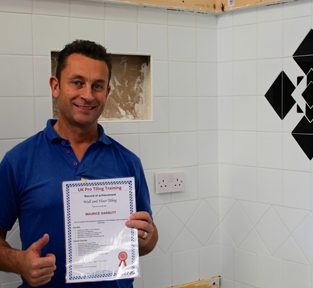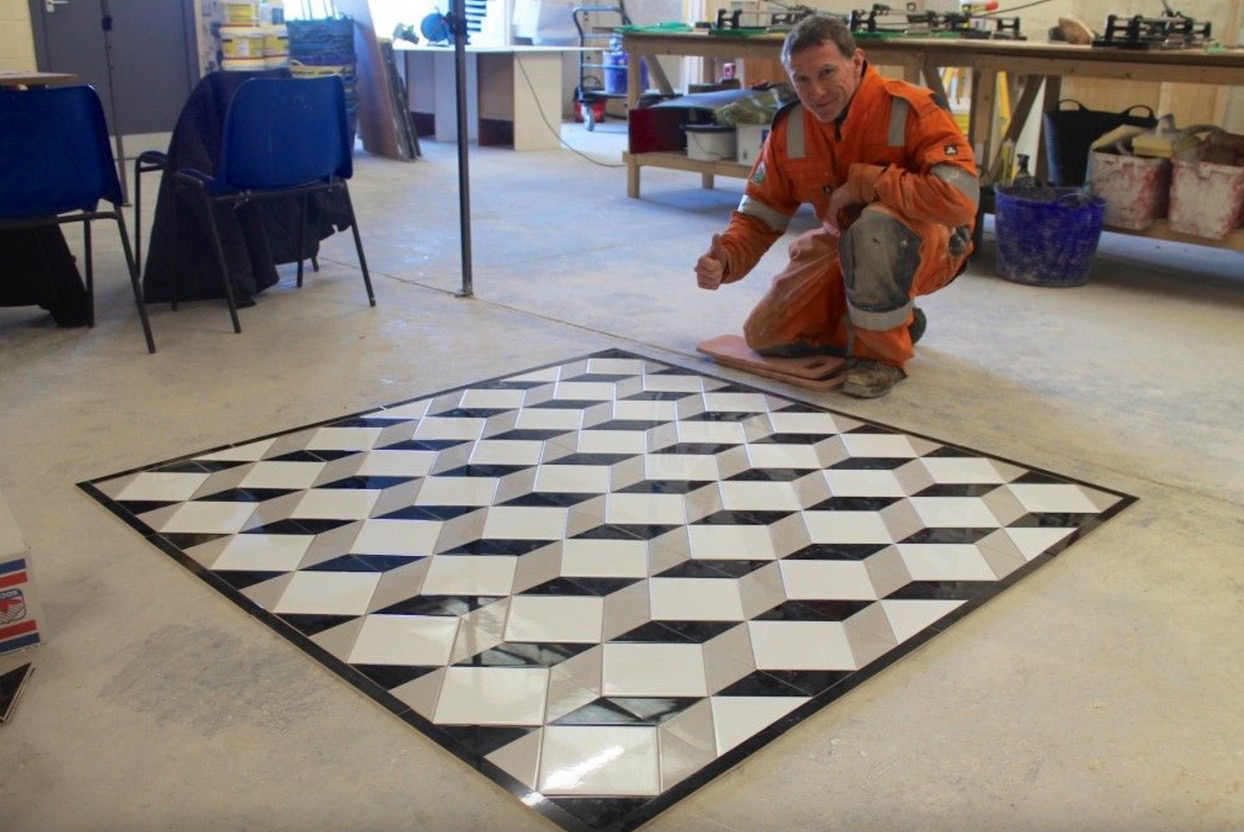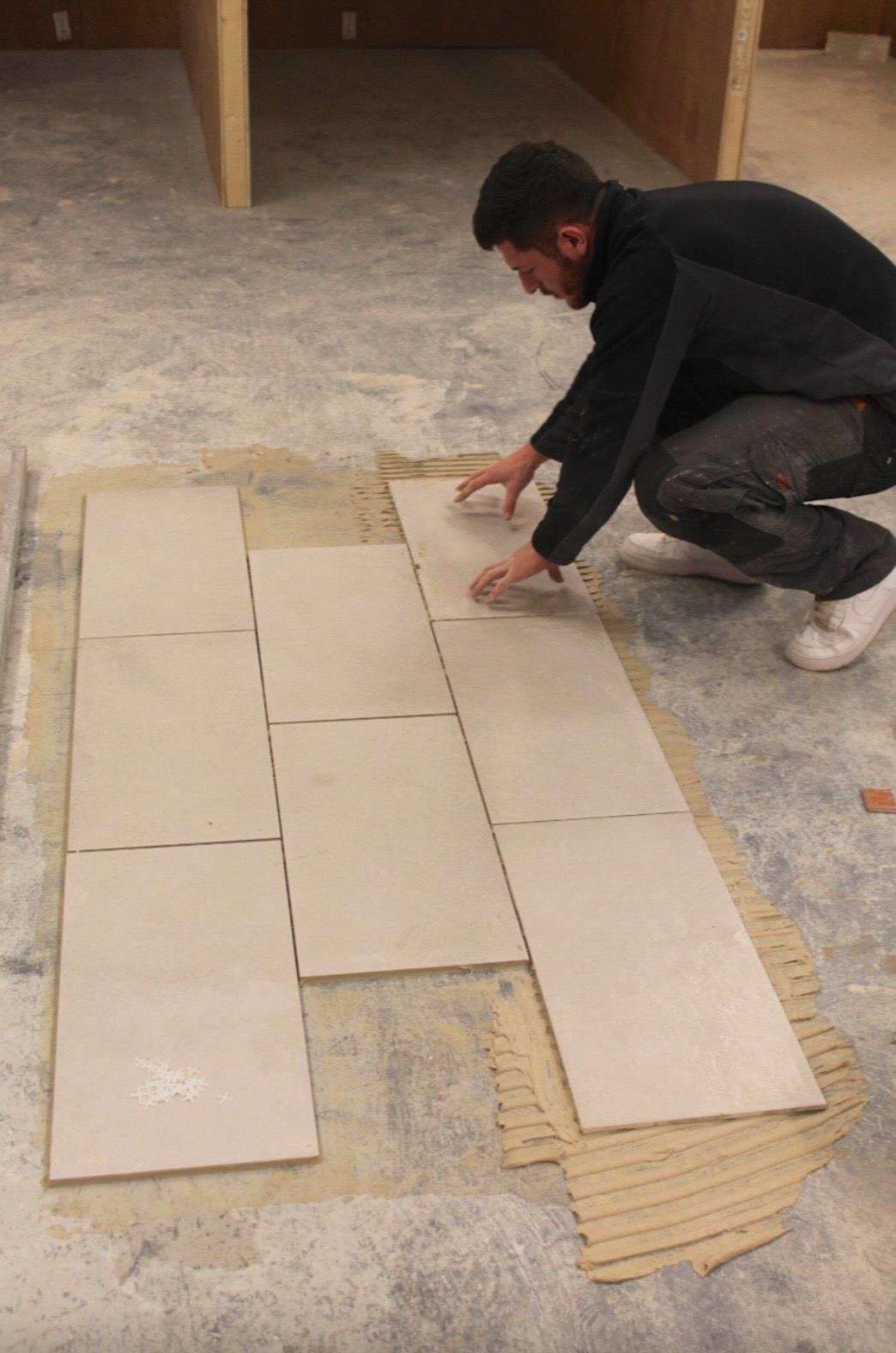UK Pro Tiling Quiz Night!
For the last few weeks we have had to adapt to a new way of living and working with some of us having to learn new skills (like how to home school the kids! ),new ways of working and communicating with each other. And new words like Zoom, House Party and Tik Tok that have found their way into our vocabulary and making a big impact on our lives. And as we begin to emerge from this forced lockdown period we will need to think a ‘bit outside the box’ as to how to manage and assess the risks of how we live, learn and work for the foreseeable future.
Tiling training will recommence in a few weeks, and like all businesses it will be a carefully managed return. So, if you have been working from home or maybe doing a bit of DIY, or just had more time to think about where your working future lies, maybe it is time to think about taking on a new skill or change of direction from your current job.
During the lockdown period and with all the social distancing measures in place, the nation has discovered a new found passion for quizzes. From online pub quizzes, to socially distanced quizzes with neighbours, we have been testing our knowledge on all manner of subjects. But haven’t come across a quiz about tiling and everything related to tiling or training – yet! All those professional tiling terms you may or may not of heard of, and are not quite sure how they apply to the business of tiling, we can take a look at some of the tiling terms used and start our journey to become a ‘tiling mastermind’!
UK Pro Tiling Training has a great set of resources on the website to refer to.
Question – So what is an NVQ?
This is a work-based assessment qualification and not a training course, and something that have been considering to undertake.
Question – What tiling tools should I need?
A tiler’s toolbox consists of a varied number of professional tools with the top tool being a good set of manual and electric tile cutters.
Test your knowledge! and see if you know what the following tools are and their function:-
Grout Float – flexible rubber pad with a ‘C’ shaped handle
Tile Levelling System – to help prevent tile slippage
Tile Trowel – important for proper coverage of adhesives
Spacer Wedges – used to space tiles at an equal distance
Question – How do you apply tile adhesive to walls?
The adhesive will need to be applied with the trowel at a 45-degree angle reducing slightly as the adhesive is applied up the wall.
Question – what adhesive should you choose?
Adhesive should be applied according to the room/ area you are tiling. For example, waterproof adhesive is a must around sinks, showers and bath.
For all the questions you may have about tiling, which course to undertake, whether to continue your professional development by completing an NVQ, or what not to do when it comes to good tiling practise – UK Pro Tiling Training will have the answers for you.



